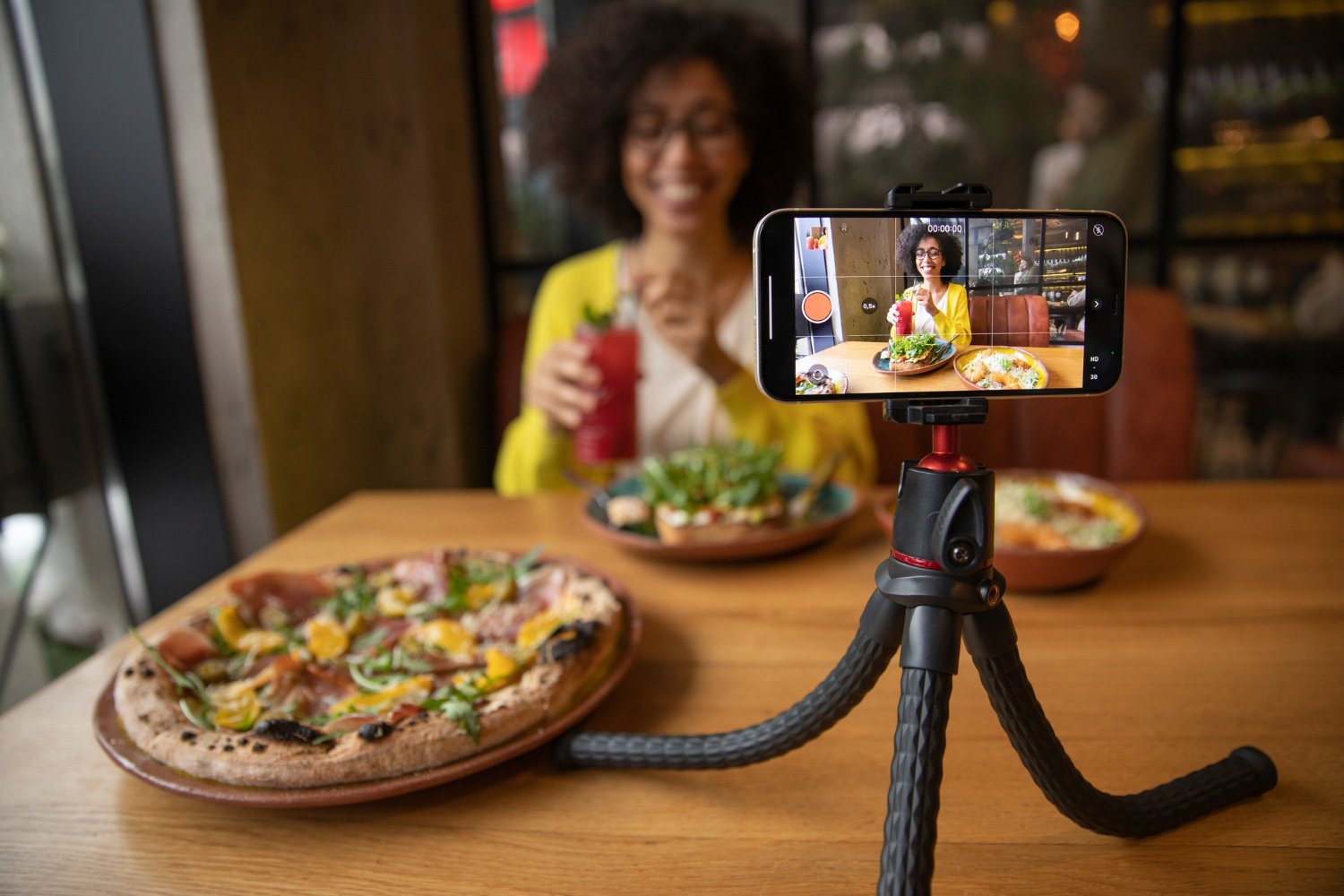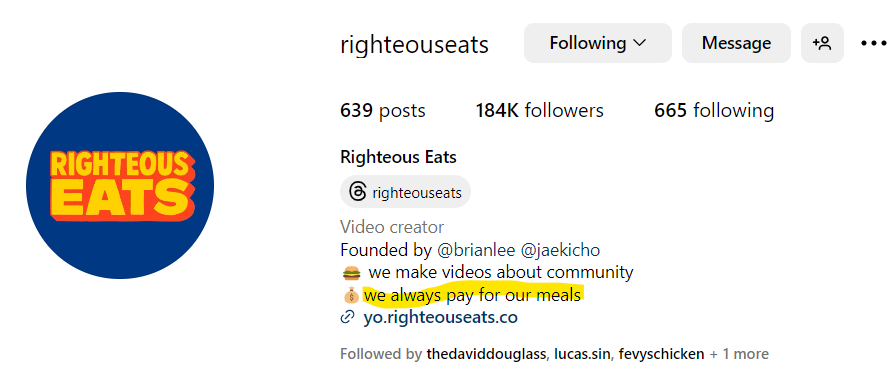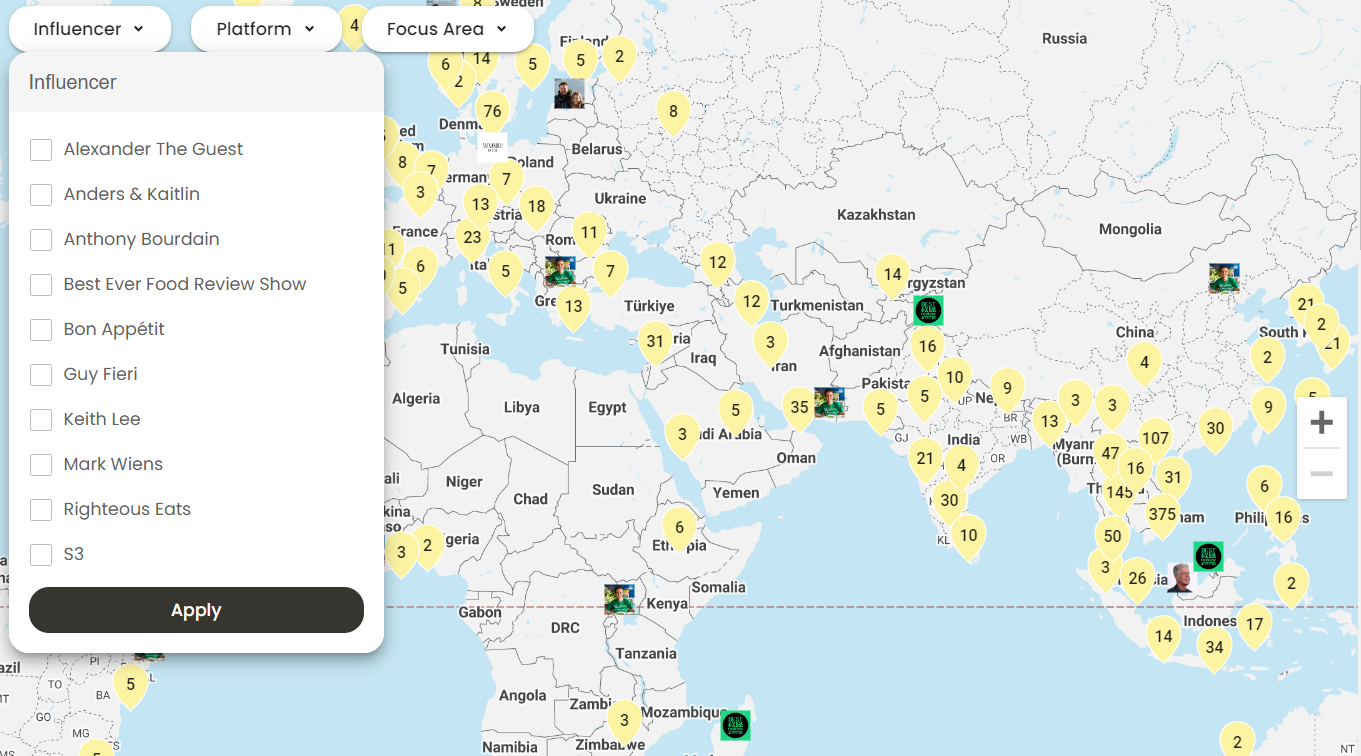The Good and Bad of Restaurant Influencers
In today’s digital age, the way we discover, experience, and critique dining establishments has undergone a significant transformation. With the rise of social media and the influencer culture, restaurant influencers have emerged as indispensable players in the culinary landscape. Through social platforms like TikTok and YouTube, they share their dining experiences, wielding considerable influence on their fans and followers.

On the one hand, restaurant influencers bring a breath of fresh air to reviewing dining experiences. Beyond traditional text-based critiques, they enrich the review space with unique perspectives, captivating visuals, and timely updates. But on the other hand, their prominence could also raise concerns. Dishonest reviews are one such issue, where some influencers accept payment from a restaurant without disclosing the financial arrangement to their audience.
At eatlect, we strive to feature a select group of popular restaurant influencers who have established credibility among their followers and beyond. However, it’s crucial to recognize that these influencers’ perspectives inherently reflect their personal preferences and tastes, even as they offer their authentic points of view. At the end of the day, it’s fair to expect that their reviews may resonate strongly with some audiences but not necessarily with others. The bottom line is, they offer their unique insights into restaurants and food that could be helpful.
What Values Do Restaurant Influencers Bring?
Restaurant influencers have gradually nudged the way audiences engage with dining experiences by leveraging the power of video content. Unlike conventional text reviews, video-based reviews offer a dynamic and immersive perspective that goes beyond mere words on a page. Through vivid presentations and intriguing story-telling, influencers bring their dining experiences to life, allowing viewers to immerse themselves in the ambiance, flavors, and atmosphere of each restaurant. With this multimedia approach, restaurant influencers offer a refreshing alternative to traditional reviews, enriching the dining journey with a vibrant and multifaceted perspective.
In addition to their engaging content, restaurant influencers ride the viral wave of social media platforms, amplifying the impact of their reviews and reaching a broader audience. With millions of users scrolling through feeds daily, platforms like Instagram, TikTok, and YouTube serve as invaluable channels for influencers to showcase their dining experiences and recommendations. A fair and quality restaurant review video can have a better chance of standing out amidst the virality of social media compared to its text counterpart on Google Review or Yelp.
The amplified effect of positive reviews from restaurant influencers can have transformative impacts on restaurants, helping them create buzz, build credibility, and grow the customer base, especially those struggling to attract customers. A notable example is Keith Lee, whose candid reviews and authentic style have garnered a loyal following of over 16 million on TikTok. Lee’s viral restaurant reviews keep bringing new life into small, black-owned, mom-n-pop shops across the U.S. a phenomenon that has been aptly named the “Keith Lee Effect,” which brings foot traffic and boosted sales to otherwise lesser known food spots. Lee himself made Forbes’ 30 Under 30 list.
Below are just a few of many examples of the “Keith Lee Effect:”
- Texas: ‘The Keith Lee Effect:’ North Texas restaurants see boost in sales after food influencer’s reviews
- Toronto: Since TikTok’s star food critic Keith Lee visited these Toronto restaurants, business has not been the same
- Arizona: TikTok star Keith Lee’s visit leaves lasting impact on Valley restaurants
- New York: Keith Lee effect: Bronx pizza shop benefits from visit by popular TikTok food critic
Overall, the influencer marketing industry is booming. According to data from Statista, influencer marketing has seen its market size grow from $1.7 billion to $24 billion from 2016 to 2024. Restaurants have taken notice of the significant potential of restaurant influencers and started incorporating influencer marketing into their promotional strategies. They have embraced various approaches – for example, featured appearance and sponsored social media posts – to engage with influencers and amplify their visibility. To many restaurants, influencer marketing is no longer a nice-to-have and is becoming more of a necessity.
Ethical Concerns over Restaurant Influencers
Meanwhile, there are growing ethical concerns over restaurant influencers. A major one is regarding their dishonest reviews that arise from partnerships with restaurants. While collaborations between influencers and dining establishments offer mutual benefits, they also raise questions about the objectivity of the reviews. Influencers may feel pressured to provide positive feedback in exchange for monetary compensation, free meals, and other incentives, leading to reviews that lack sincerity and transparency. In some cases, these partnerships can compromise the integrity of the influencer’s content, misleading their audience and undermining trust in their credibility. Despite efforts to maintain impartiality, the allure of lucrative partnerships may tempt influencers to prioritize financial gain over honest critique, ultimately eroding the authenticity of their reviews and diminishing their value to consumers.
At eatlect, we pride ourselves on featuring restaurant influencers who have earned credibility and prioritize authenticity in their reviews. Consider Keith Lee, whose dedication to honest reviews is evident in his approach to dining experiences. Before embarking on his reviews with the iconic “I got it, let’s try it, and rate it 1-10” slogan, Lee ensures objectivity by having family members place takeout orders on his behalf or opting to order via delivery platforms like DoorDash to avoid preferential treatment from restaurant owners. Another exemplary influencer is Righteous Eats, who explicitly state their commitment to integrity: “We always pay for our meals.”

However, a further issue arises when some restaurant influencers take partnerships to a problematic extreme. They may approach restaurants with offers to feature their establishment in exchange for complimentary meals or other perks, a phenomenon that has sparked significant anger and controversy. Recent headlines illustrate this, with examples such as a UK Asian restaurant slamming an influencer’s request for a free meal in exchange for exposure and Australian micro-influencers facing backlash for soliciting free food from small independent businesses in exchange for Instagram posts.
While restaurant influencers offer valuable insights and entertainment, their presence in the culinary landscape is not without its challenges. From concerns about dishonest reviews to ethical dilemmas surrounding influencer partnerships, the role of influencers in shaping dining experiences is complex and multifaceted. At eatlect, we remain committed to providing our audience with a map guide to restaurants covered by credible influencers who prioritize authenticity and transparency, which we hope you will find useful.

